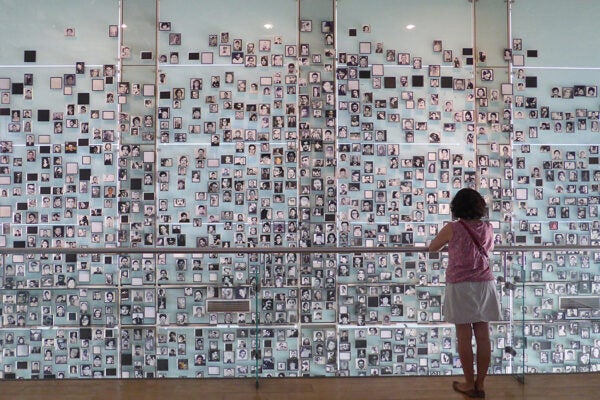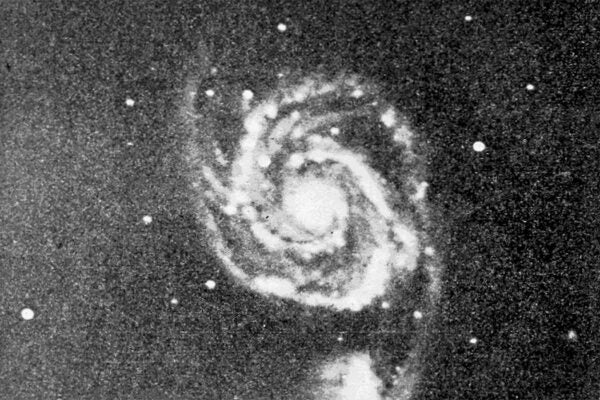When Mao’s Mango Mania Took Over China
A fleeting cult built around a mango exposes the logic, and illogic, of Mao’s personality cult.
Archive Adventures
The Space Race’s Forgotten Theme Park
Preserved documents and photographs trace the rise and fall of an ambitious space-themed park born of 1960s Space Race optimism.
Roundup
Celebrating Black History Month
JSTOR Daily editors pick their favorite stories for Black History Month.
The Where We Were
H. H. Richardson and the Making of an American Romanesque
Historical photographs help trace the emergence of Richardsonian Romanesque and its lasting influence on American architecture.
Reading Lists
Rights of Nature: A Reading List
What would it mean for rivers, forests, and animals to have legal rights? A global movement is rethinking law’s relationship to nature.
Most Recent
Dorothy Parker: Sharp-Witted Writer, Bitter Professor
Dorothy Parker’s year as a visiting professor shows how a celebrated literary voice struggled to adapt to the realities of academic teaching.
How Cold War “Orphans” Sang Their Way into American Hearts
Touring choirs helped cast Korean children as ideal adoptees—and Americans as benevolent saviors.









































